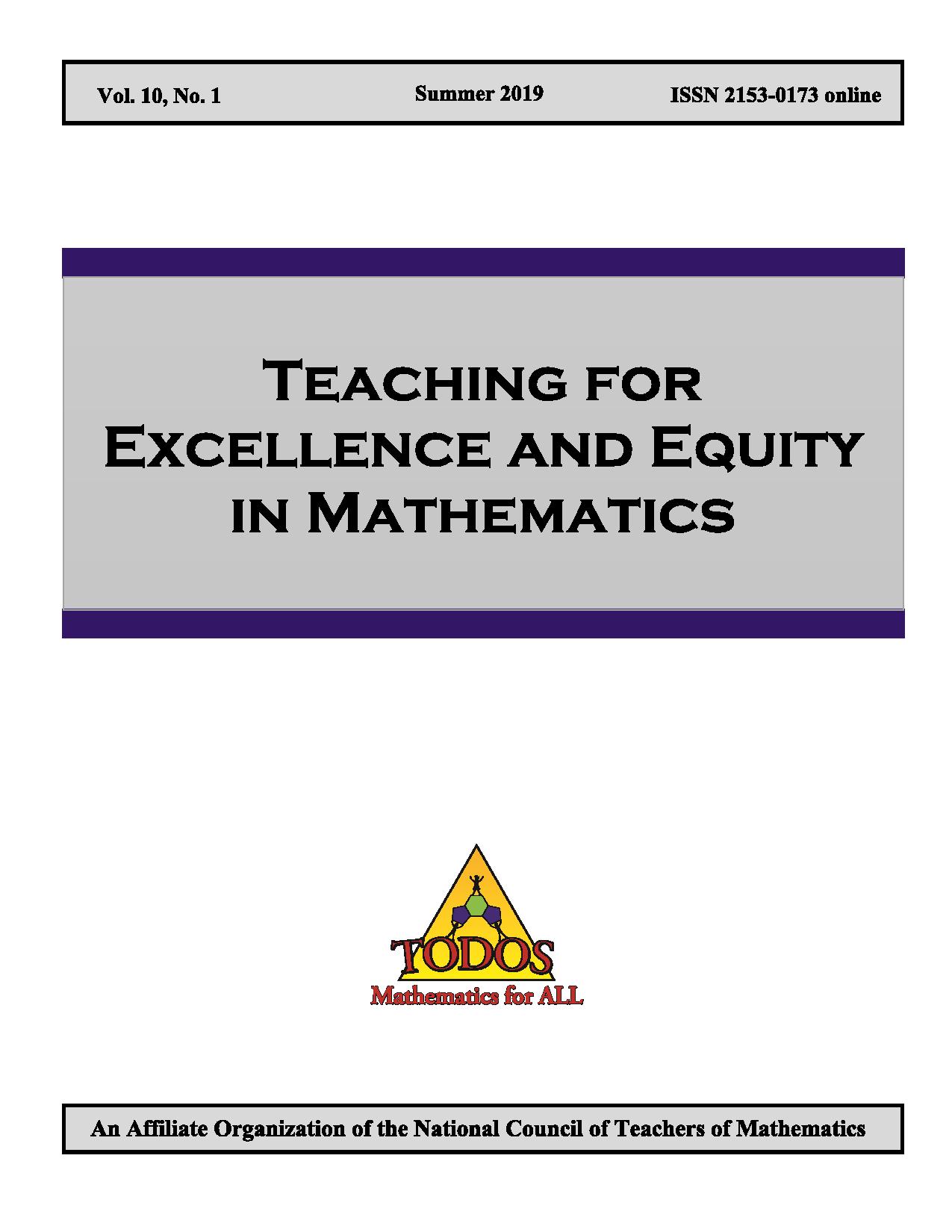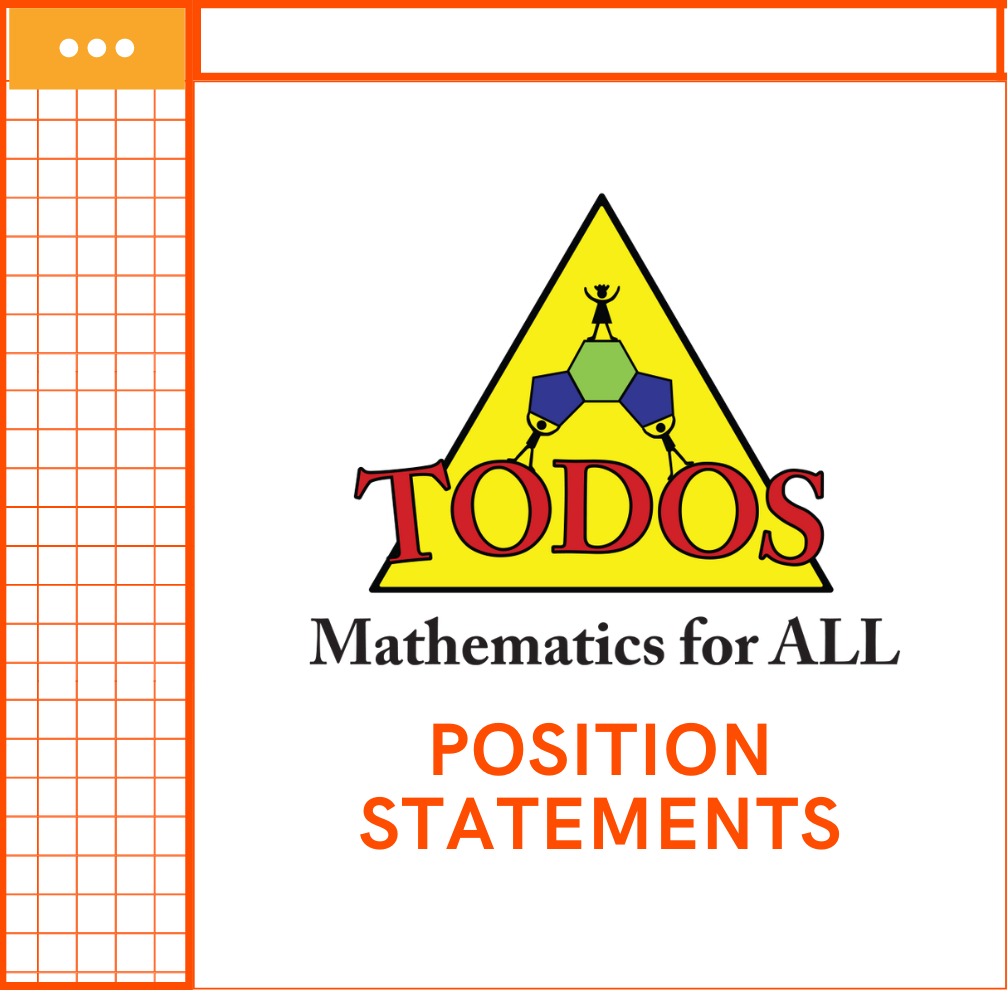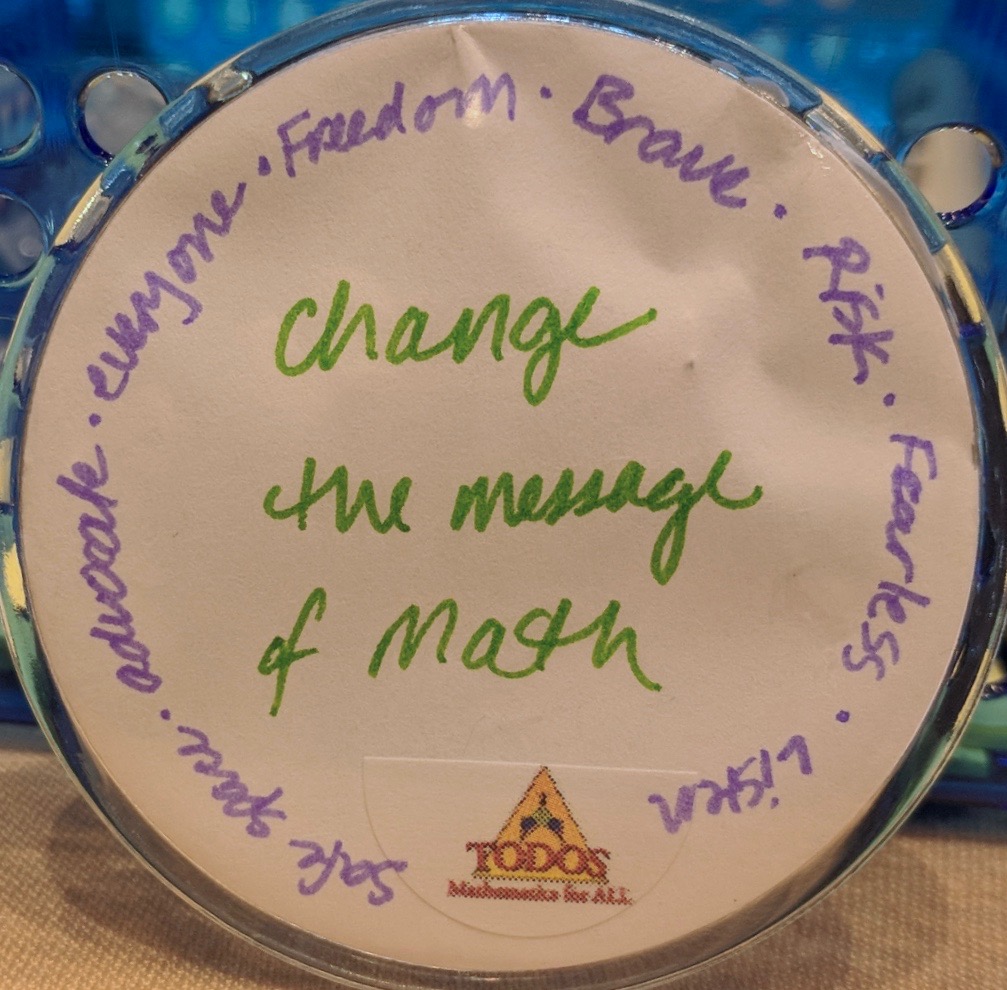|
Amanda E. Lowry, Rutgers University
Melinda (Mindy) Eichhorn
Gordon College Kristen Burke, Gordon College
Abstract: This paper explores strategies used in diverse K-12 mathematics classrooms to meet the needs of emergent bilinguals and students with learning disabilities. We do not assume that all students have the same needs but recognize that there is some overlap in research. All students can benefit from a collaborative approach between teachers and specialists, and we explore three strategies that we use in our classrooms. We hope that this paper reduces teachers’ stress by demonstrating how some strategies can be implemented to teach mathematics to all students regardless of different learning needs.
Cathery Yeh, Chapman University
Ansley Wong, Chapman University
Abstract: With this article, we share a framework positioning competence not simply as attributes of individuals but as coconstructed during interactions in the classroom. The theoretical framework, Cultural Historical Activity Theory, is shared for the purpose of examining competence construction as an attribute of participation in the activity system of the classroom. A series of vignettes in a first-grade bilingual classroom highlight ways in which components of the activity system of the classroom come together to leverage and strengthen students’ mathematics and language competencies.
Rebecca Dibbs, Texas A&M University - Commerce
Laura Beene, Texas A&M University – Commerce
Kelly Lewis, Concordia University
Abstract: While small teacher preparation programs allow pre-service teachers to bond with their cohort, the established social norms within cohorts can sometimes make it difficult for students to discuss equity in a face-to-face setting. In this History of Mathematics course, we used an online journal and discussion board, ClassChatter, to facilitate students’ discussions about equity in the mathematics classroom. In the online setting, pre-service teachers participated more equally, and all students believed that the format was vital to facilitating more open face-to-face and online communication in a geographic area known for racial tensions.
|



